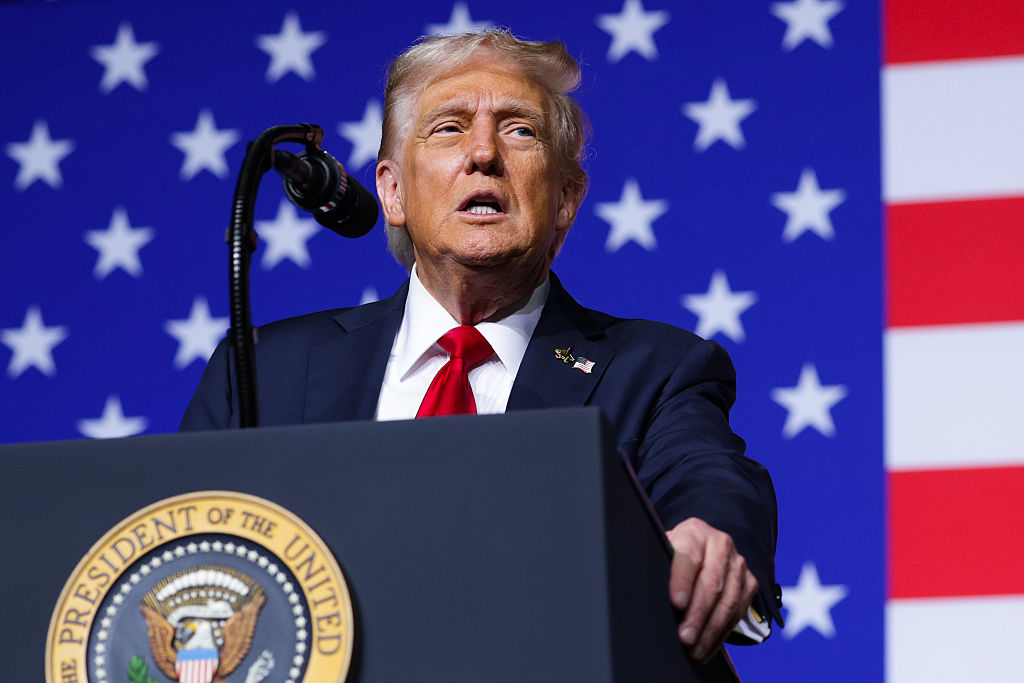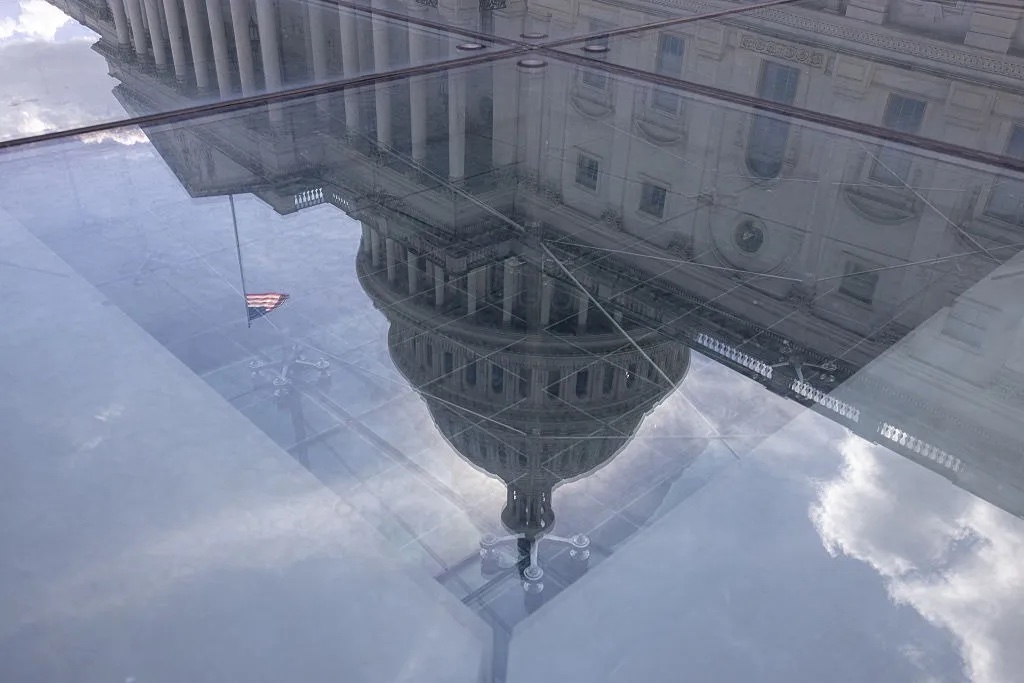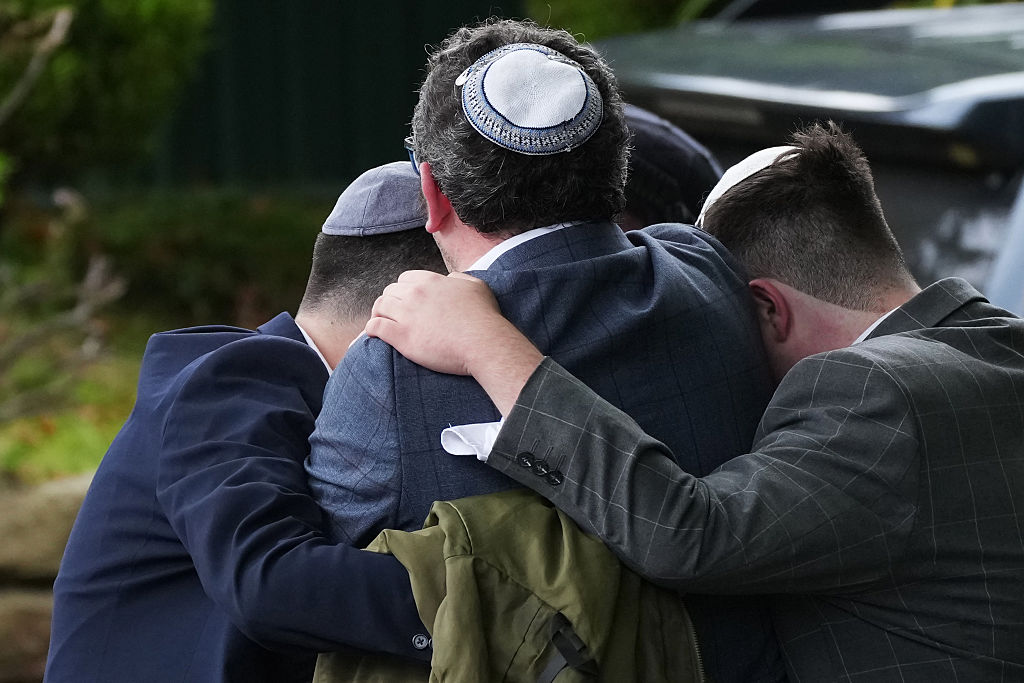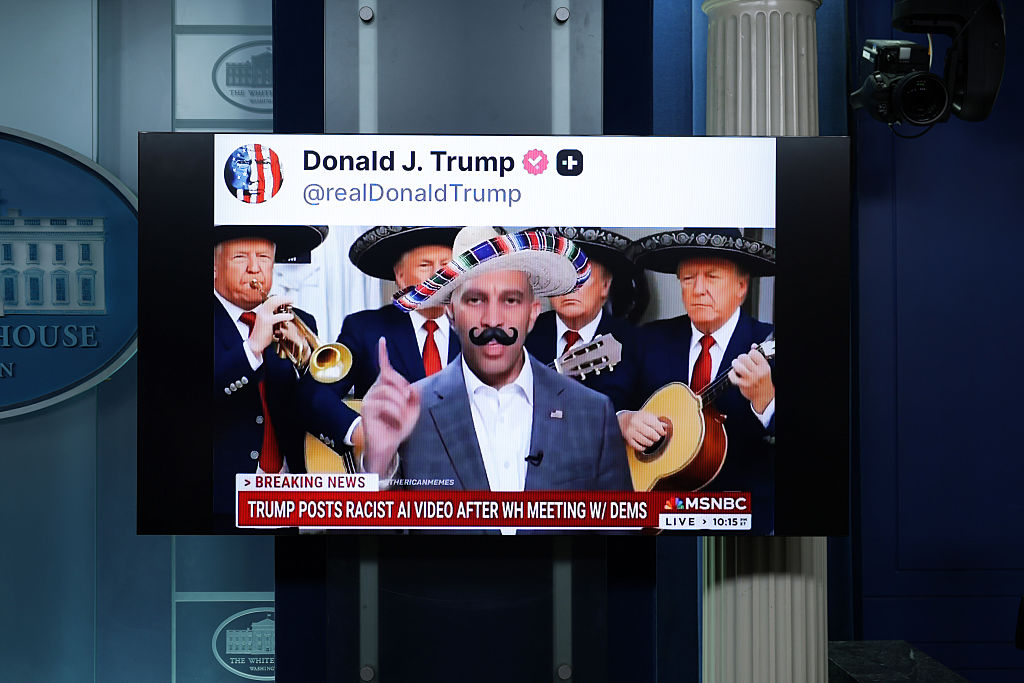The United States only has one president at a time. Until January 20, that’s Joe Biden. But President-elect Donald Trump and his skeleton foreign policy team are waiting in the wings, plotting policy behind the scenes on issues — Ukraine, Gaza, Iran, Middle East peace — that have stymied the Biden administration for the last year. In fact, Trump is already influencing the respective calculations of allies, partners and adversaries before he even steps foot in the Oval Office. And Biden’s advisors seem perfectly fine with it.
Trump fancies himself as a master negotiator, somebody who’s inherently skilled at poking, pressuring and sweet-talking the opposite side of the table until he gets what he wants. Despite this characterization, there weren’t all that many groundbreaking deals during his first term. His nuclear summitry with North Korean leader Kim Jong-un, while certainly historic, ended in infamy after the two walked away empty-handed in Hanoi in 2019. Trump’s desire to get a new nuclear agreement with Iran, one that would be stronger and more comprehensive than Barack Obama’s, went nowhere. There weren’t any arms control or strategic stability accords with Russia — if anything, there were less by the time he left office. The Abraham Accords, which normalized diplomatic relations between Israel and four Arab states, weren’t anything to sneeze at, but its regional impact atrophied as soon as the war in Gaza erupted.
But that was then; this is now. Trump’s second term will be a fresh slate. The geopolitical situation has changed drastically in the four years since he was last sitting in the big chair. Hundreds of thousands of Russian forces are pummeling Ukraine’s defensive lines in Donetsk at the same time Ukrainian troops are trying to hold the Russian territory they captured in August. Hezbollah, the Lebanese militia and political party, is weaker today than it was in 2020 after a three-month Israeli air campaign in Southern Lebanon. Iran and Israel have exchanged fire with each other twice. Syria’s civil war is heating up again after four years in which the frontlines were relatively static. Gaza is now a wasteland.
Technically, all of these issues are still under Biden’s purview. But let’s be honest: regardless of what his top foreign policy advisors may say during the TV interviews and Q&A sessions, he’d rather be eating ice cream with his grandkids than dealing with any of this. The likelihood is high that Trump will come back to the White House with all of these problem-sets still intact, ready to be solved or at least managed.
Whether Trump can pull a diplomatic rabbit out of his hat, none of us can now at this point. But he’s wasting no time laying the groundwork for when all of this is his responsibility. On Wednesday, December 5, Vice President-elect J.D. Vance and Keith Kellogg, Trump’s special envoy for Ukraine and Russia, met with Andriy Yermak, Ukrainian president Volodymyr Zelensky’s closest advisor, to discuss the war and get acquainted. The Ukrainians evidently left the conversation pleased, but the truth is that nobody — perhaps not even the Ukrainians themselves — knows precisely what Trump’s strategy on the war is going to be. While there are a number of proposals circulating in Trump’s orbit, the only person who speaks for Trump is Trump.
The president-elect is dipping his toes in the Middle East too. Elon Musk, the world’s richest man and one of Trump’s informal advisors, met with the Iranian ambassador to the United Nations to talk about ways of defusing tensions between Washington and Tehran once the Trump administration is firmly sworn in. It’s hard to believe Musk would have taken this meeting without Trump’s explicit approval, if not ascent. He has, after all, talked openly about arriving at a new Iranian nuclear deal, so it’s not unfathomable to believe this sit-down was a small, initial first step in that direction.
Meanwhile, Steve Witkoff, Trump’s Middle East peace envoy, traveled to Israel and Qatar in late November to meet with Israeli prime minister Benjamin Netanyahu and Qatari prime minister Sheikh Mohammed bin Abdulrahman al-Thani, who has served as the principal mediator over the last fourteen months on a hostage release and ceasefire deal in Gaza. The Biden administration knew this trip was happening and didn’t object to it because Witkoff’s aim was the same as theirs: getting the remaining 100 hostages out of Hamas captivity and ending the war permanently. There isn’t much Trump or his emissaries can do until they formally re-take the machinery of government — and to be honest, prospects for a ceasefire in Gaza are likely to be as dismal when Trump is president as they are today. Getting to know the main players, however, doesn’t hurt your chances. To Trump’s credit, he’s at least demonstrating his personal interest and amassing a team who will be ready to go on Day 1.
None of this is to say that Trump will win the Nobel Peace Prize. Although the Ukrainians are speaking about end-of-war diplomacy more frequently, Russian president Vladimir Putin doesn’t have an incentive to cooperate when his forces are on the offensive. Israel and Hamas both insist they want a ceasefire, even as their respective definitions of said ceasefire are night and day. The regional rivalry between Iran and Israel is unfixable. Success on any of these fronts can’t be assumed — if you were wagering, it would be a smart play to put your chips on failure across the board.
Steep odds aside, this much is not up for debate: the self-professed negotiator-in-chief is using the two-and-a-half months between Election Day and Inauguration Day to re-plunge himself into the world of international diplomacy.


























Leave a Reply